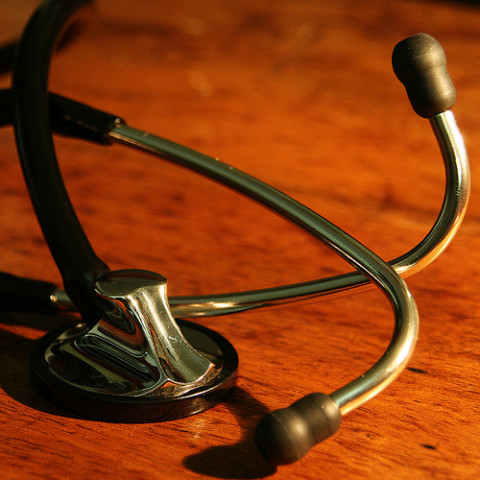Analysis: With devolved institute, Sindh likely to compromise standard of future doctors
Number of PMDC-recognised private colleges has shot up by 182 per cent in seven years

It is definitely worrying that, after hinting to have the Pakistan Medical and Dental Council (PMDC) devolved, the government is planning to move ahead with its plan to establish a Sindh chapter of the College of Physicians and Surgeons.

The indication of splitting up one of the country’s most reputed institutions in the name of provincial autonomy surfaced in a meeting, held under the aegis of the controversial Sindh Higher Education Commission on October 10, to discuss the prospects of undergraduate and postgraduate medical education in the province.
During the last seven years, the influence of groups with vested interests in the PMDC had created a mess by allowing the growth of substandard medical and dental colleges in the private sector. Since Pakistan’s inception till the year 2007, there were only 29 private medical and dental colleges in the country of which only one - Aga Khan University - had received permanent recognition by the PMDC. The remaining 28 institutions were provisionally recognised for not meeting the required standards.
Today, the number of PMDC-recognised private medical and dental colleges has shot up to 82 - a presumptuous 182 per cent increase in a short span of seven years because the ‘entrepreneurs’ found medical education as a huge profit-making business where millions were paid to the government in order to earn billions. In the wake of this, the PMDC allowed the private medical colleges to charge their students annual fees of up to Rs600,000.
The relaxed conditions and lowered standards of recognition have significantly deteriorated medical education in Pakistan, which was considered one of the best in the world.
The hue and cry raised by medical associations and independent healthcare professionals had, however, compelled the Ministry of National Health Services, Regulations and Coordination on December 13, 2013, to announce a moratorium on opening of new medical and dental colleges till December 31, this year.
In order to safeguard the ‘achievements’ of the last seven years and to propel the expansion, the private sector saw a ray of hope in the 18th Constitutional Amendment that offered them a crucial opportunity to break down the medical regulatory authorities by devolving these to the provincial level.
This ‘revolution’ is in the making in Sindh when the regulatory laws for medical education remain the subject of central government in most part of the world for the obvious reasons to maintain the uniformity of medical education throughout the country.
While there is a growing realisation amongst the healthcare professionals about the urgency to reorganise the PMDC so that it may regulate medical education without any influence of lobbies with vested interests, it is also the high-time for Pakistan Peoples Party-led Sindh government to analyse how the representatives of same lobbies are bent on manipulating its authority.
By securing prominent positions for their representatives in the power clique, they are now managing the show from behind the curtains.
Published in The Express Tribune, October 20th, 2014.



















COMMENTS
Comments are moderated and generally will be posted if they are on-topic and not abusive.
For more information, please see our Comments FAQ